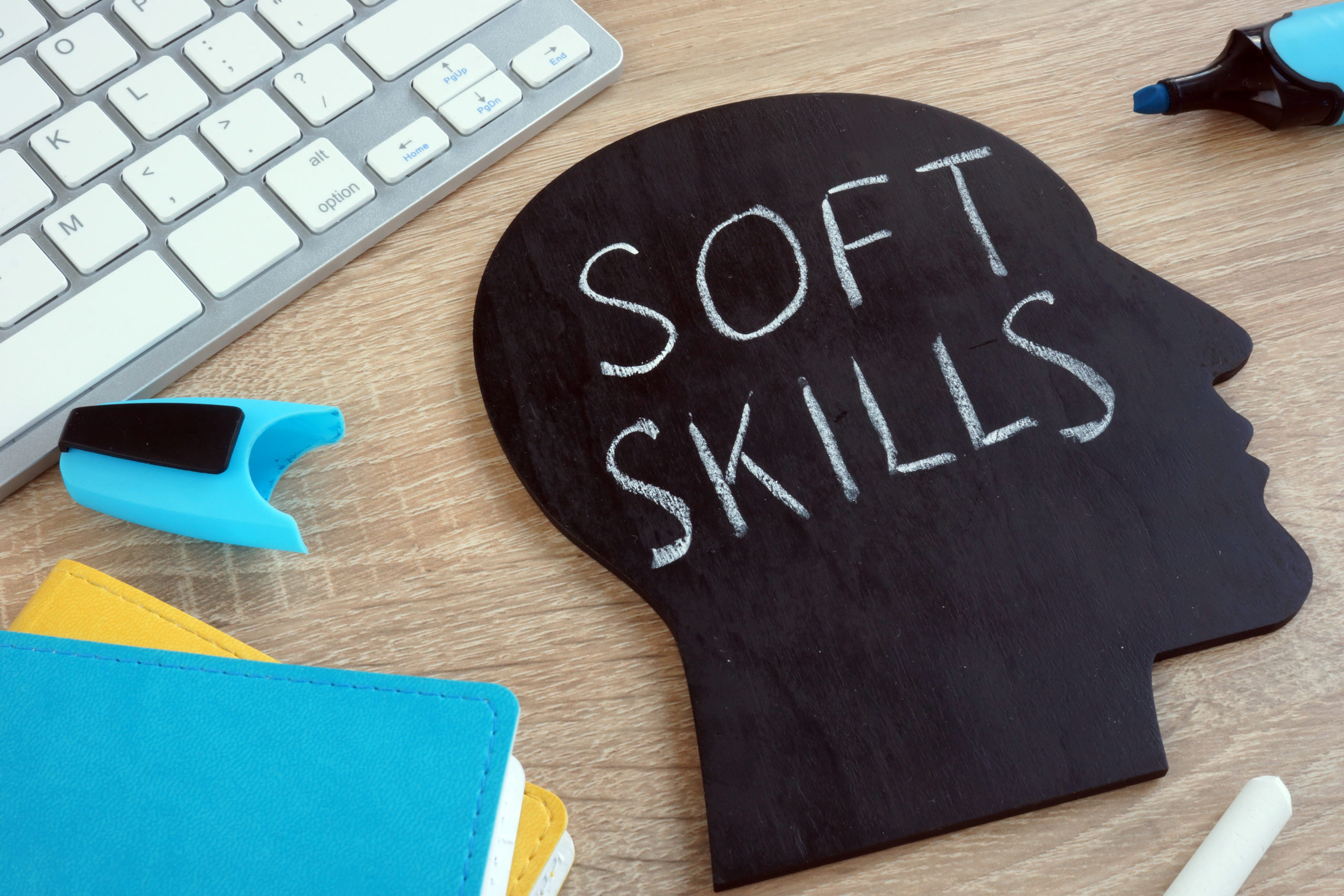
Gamification takes corporate learning to a new level
Why game-based learning boosts motivation
Scientists estimate that if we watched children for a whole day, we would see them play at least seven hours a day. There’s a good reason for that: Children learn from games. Playing improves their motor and cognitive skills and can boost their confidence and self-awareness.
This positive impact is not limited to children. Playing even enables adults to fully exploit their potentials. The brain is revved up to the max during a game.
Many large companies utilise this very fact in the professional development and qualification of their employees. We took a closer look at the most popular types of games, and summarised practical examples for potential applications.

Games motivate us to take the initiative to learn
Motivation is a tricky thing. Thinking back on our school days torturing ourselves memorising vocabulary, few of us will say: “Boy, was I motivated to learn vocabulary!” However, thinking back on a game we thoroughly enjoyed, we will likely remember how motivated we were. Whether that was a board game, video game, smartphone game or a sport, our motivation came from within.

This is called intrinsic motivation. Intrinsic motivation is based on various inner needs, such as the desire for social exchange or a perfectionist ambition to overcome challenges. While playing, we often drift into a flow state, a state of effortless but intensive concentration.
If we are highly motivated and extremely concentrated when learning, not much can go wrong. Indeed, game-based learning has far higher completion rates than other types of training courses.
The most popular types of game-based learning

Drill and practice games:
Suitable for traditional knowledge accumulation, learning facts or cognitive skills. They work best if coupled with right/wrong feedback. One example is the imcBizQuiz App. The training process is similar to a TV quiz show, and employees or teams can compete against each other.

Learning adventures:
A great tool for changing perspectives, helping to convey emotional content and sensitise participants for specific topics.
Learning adventures are based on the genre of point-&-click adventures. They focus on explorative learning and discovery, integrating storytelling – content is linked with an exciting story. imc applied this principle in the adventure game City of Goods created for Linde Materials Handling. During a virtual visit to the warehouse, participants need to discover, document and collect potential optimisations.

Simulation games:
A strong contender for learning practical skills. Knowledge is primarily transferred through interdependencies and the cause-effect principle. Simulations present a simplified picture of reality, which can be changed through the parameters or algorithms in the game code. This type of learning is particularly helpful for movement flows, dangerous actions or machine handling with high cost risks. Flight simulators used in pilot training [LINK to Lufthansa case study] are a well-known example.
A snapshot of the advantages of game-based learning
Learning games lead to changes in our motivation, behaviour or opinion of learning. They can boost cognitive and motor skills.

Moreover, we release dopamine when playing. Being rewarded is a crucial trigger for this hormone release, and rewards like scoring points, moving up the rankings or obtaining digital badges are easy to integrate.
Still, the key factor and most important reason to utilise learning games is and remains the positive impact on motivation. This lowers the drop-out rate for training courses, resulting in greater long-term learning success.
So: Game on! Let’s take e-learning to a new level.

Go for Game-based Learning
We talk about what lies beneath the trend of this playful knowledge transfer method. We explain why it works so well and present 3 application scenarios for learning games in the company.

Training soft skills with serious games
Softskills are more important than ever. But how to train them? imc's research team dealt with this challenge in the DEVELOP research project.

Contact person
I joined the imc newsroom team in 2021. As a journalist my heart beats for content and storytelling.
I’m excited to figure out how e-learing and digitization affect the future of work. My task is to create content to talk about and I’m always looking for trends.
Privately I love to travel and eat Tapas.
Topics: E-Learning Trends, Corporate Social Responsibility, Press and Influencer Relations
